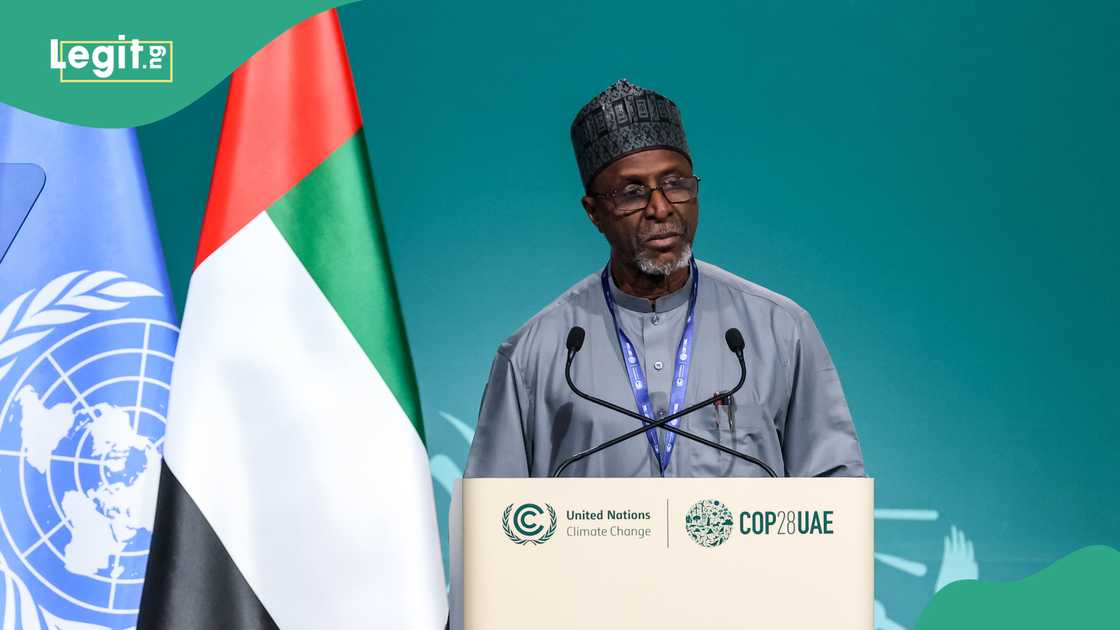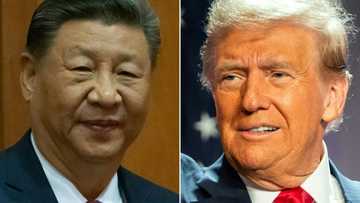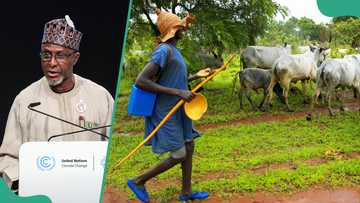Climate Change: Why Nigerians Can't Afford Clean Energy
- The campaign for clean energy in Nigeria has been confronted with poverty, poor infrastructure, high cost of living and other factors
- An expert, Rasheedat Bamgbola, who spoke with Legit.ng, however, posited that Nigeria can still achieve clean energy if the government and people approach it with the right mindset and commitment
- While she called for government intervention for entrepreneurs on clean energy, she also suggested flexible payment options for low-income households
Don't miss out! Join Legit.ng's Sports News channel on WhatsApp now!
An expert, Rasheedat Bamgbola, has maintained that it cannot be doubted that the high cost of renewable energy, infrastructure and high cost of living are factors hindering Nigeria's drive to transition to clean energy.
However, the expert expressed confidence that Nigeria could have clean energy if the people and the government approached the challenges with the right mindset and commitment.

Source: Getty Images
Clean energy: Government urged to tackle corruption
In an exclusive interview with Legit.ng, Bamgbola urged the government to tackle corruption and ensure funds set aside for climate change are effectively utilised while suggesting flexible payment options for low-income households to install renewable energy.
She said:
"While poverty, high living costs, and the upfront expenses of renewable energy infrastructure make the transition to clean energy challenging for Nigeria, it’s not impossible. With the right mindset and commitment, the government can make it work by partnering with clean energy initiatives and addressing key obstacles.
"One major issue is corruption, where public funds for projects are sometimes mismanaged. To overcome this, the government should collaborate with clean energy enterprises genuinely passionate about combating climate change but lacking funding to scale their efforts. By providing grants and financial support to these enterprises, the government can help drive the adoption of clean energy while ensuring accountability.
"Additionally, clean energy solutions can be made accessible to low-income households by offering flexible payment options, such as instalment plans for installations. This ensures that even poor households can benefit from renewable energy without bearing the full cost upfront."
Clean energy: Expert called for public-private partnership
She further hammered on government-private partnerships to ensure clean energy's success in Nigeria. She urged the government to support private enterprise in its drive to take Nigeria to the dreamland of clean energy.
Bamgbola said:
"For clean energy initiatives to succeed, partnerships between the government, climate financing bodies, and social enterprises are crucial. However, monitoring how grants and funds are utilized is equally important.
"Both NGOs and enterprises receiving grants should be held accountable to ensure the funds are spent for their intended purposes. Regular follow-ups and transparent reporting can help prevent misuse and ensure the success of clean energy projects.
"In conclusion, while the transition to clean energy may take time, a collaborative and well-monitored approach can make it achievable for Nigeria."
Tinubu govt names Nigeria's delegates on climate change
Legit.ng earlier reported that President Bola Tinubu-led federal government has disclosed the number of delegates it sponsored for the climate change summit in Dubai.
In a statement by the Ministry of Information, seen by Legit.ng, the government noted that the overall delegates on its train to the Arab country included those sponsored by the government (Federal and State Governments) and others were not government-sponsored, which included (Private Companies, NGOs, CSOs, Media, academia, etc).
Many Nigerians have criticised the government for the large number of delegations on President Bola Tinubu's train to the ongoing Climate Summit in Dubai, otherwise called COP28.
PAY ATTENTION: Сheck out news that is picked exactly for YOU ➡️ find the “Recommended for you” block on the home page and enjoy!
Source: Legit.ng





